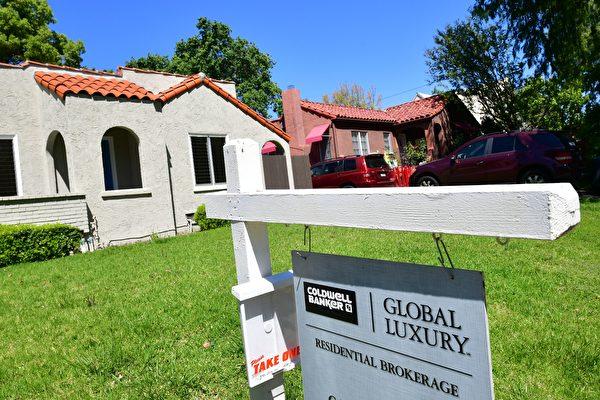U.S. interest rates for home loans rose for a fourth straight week by Jan. 14, as mortgage applications increased 2.3 percent from a week earlier, according to the Market Composite Index (MCI), a measure of mortgage loan application volume.
On an unadjusted basis, the MCI increased 3 percent compared with the previous week.





